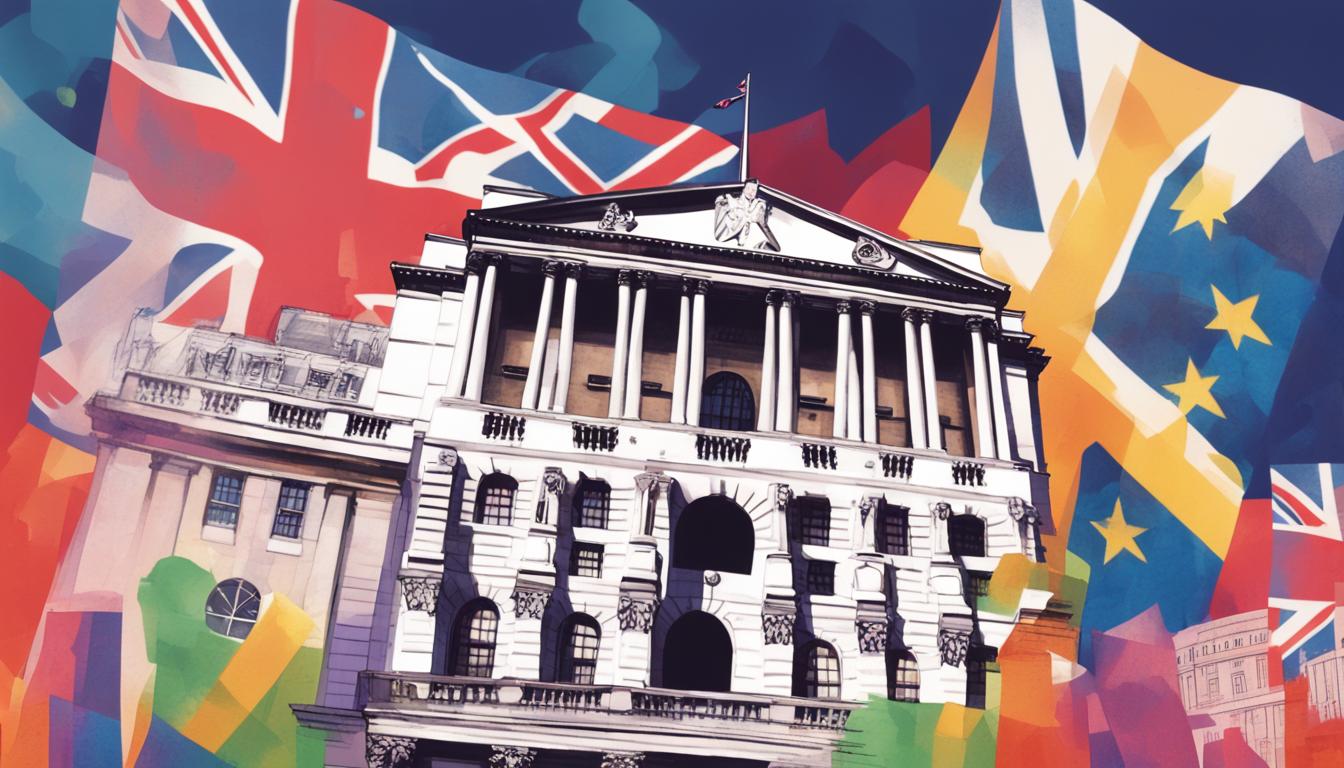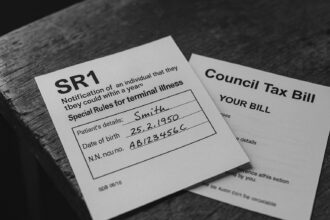The Bank of England has maintained its interest rate at 5.25%, with Governor Andrew Bailey suggesting that rate could be cut in June depending on economic indicators.
The Bank of England (BoE) has opted to keep UK interest rates steady at 5.25%, as confirmed by Governor Andrew Bailey. Despite maintaining the current rate, a future rate cut in June remains a possibility, contingent on incoming economic data. This decision follows the Bank’s updated economic forecasts which anticipate a 0.5% GDP growth in 2024, improving to 1% in 2025. While Bailey voiced optimism about achieving a 2% inflation target in the upcoming months, he also cautioned that the decision for a June rate cut is not assured and will depend on further economic indicators such as wage growth and services inflation.
The announcement impacted European and US stock markets positively, with the FTSE 100 in London reaching a record high, indicating boosted investor confidence. European indices like Germany’s DAX and France’s CAC 40 also experienced gains. The pound showed volatility, initially dropping against the US dollar but later recovering.
On a related note, Chancellor Jeremy Hunt urged caution regarding quick interest rate cuts, highlighting the importance of certainty in inflation trends to avoid potentially reversing any cuts with future increases. This perspective aligns with Governor Bailey’s cautious stance on adjusting rates prematurely.
Separately, public and political events continue to unfold. Labour MP Natalie Elphicke has publicly apologized following criticism for her support of her ex-husband after his conviction of sexual assault. Additionally, a Boeing 737 incident in Senegal resulted in injuries, affecting flight schedules.
Governor Bailey also pointed out the UK economy’s gradual movement towards recovery, with slight increases in household incomes contributing positively despite the ongoing need for careful economic management and monitoring of inflation. The BoE’s decisions and forthcoming economic data will be critical amidst this backdrop, especially as the country approaches the general election, where economic policies are set to be a central issue.













